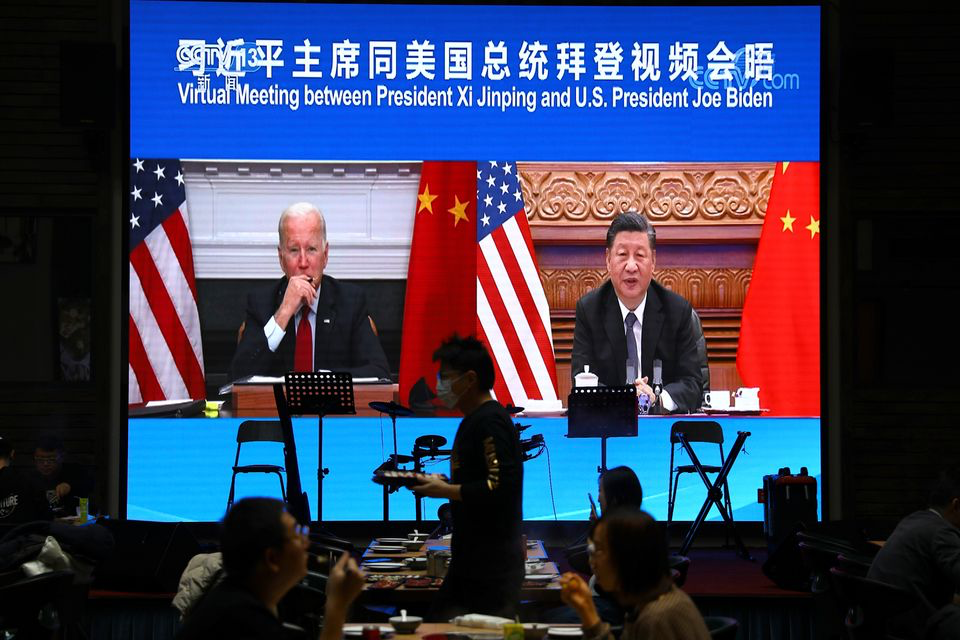Published: November 14,2022
By Staff writer

President Xi Jinping is expected to attend the 17thGroup of 20 (G20) Summit in Bali, Indonesia, from November 14 to 17. Xi will also attend the 29th APEC Economic Leaders’ Meeting in Bangkok, Thailand, as well as visit Thailand from November 17 to 19, at the invitation of Prime Minister Prayut Chan-o-cha of the Kingdom of Thailand. On the sidelines of the G20 Summit and the APEC Economic Leaders’ Meeting, President Xi is expected hold bilateral meetings with French President Emmanuel Macron, U.S. President Joe Biden, Senegalese President Macky Sall and Argentine President Alberto Fernandez, among others.
The main focus of international media and observers is fixed on the outcome of the expected meeting between president Xi and Biden, on the strained relations between the two countries, especially after US provocations by selling arms to Taiwan and visits by US administration officials to the Island. China urged the US to uphold the one-China principle and the joint communiqués, and to properly handle the Taiwan question with cautious attitude. The US has distortedthe one-China principle which continually damages to the China-US relations and the stability in the Taiwan Straits.
Although the US and China as the biggest economies in the world need each other for health competition and collaboration, the US policy towards China is bent towards seeing China as an enemy rather than a fierce competitor. The rise of China has been viewed as a threat to the US hegemony. On the question of Taiwan, the US says claims in theory to abide by the One-China Principle, yet in practice provides arms to Pro- Separatists in Taiwan.
Visibly, the US wants to use Taiwan territory as a launch pad for a proxy war with China. However, the US administration will deny all these plots against China and claims that they will defend Taiwan in case China attacks it. One question that the US administration does not answer is how China can attack itself because Taiwan is an indisputable territory of China!
In September, the US announced a $1.1billion arms sale to Taiwan, the largest package approved under President Joe Biden’s administration. Although China demanded cancellation of the arms sale, the US administration kept a deaf ear, prompting China to warn that the incident “sends wrong signals to ‘Taiwan independence’ separatist forces and severely jeopardizes China-US relations and peace and stability across the Taiwan Strait.”
Back to the expected meeting between President Xi and Biden, one would be naïve to expect that the US is going to change its policy towards China over night. It is expected to be the usual engagement that makes headlines without producing the desired results. It’s like making one step forward and latter make five steps backwards. This will make it difficult to reach the desired destination. Xi and Biden will meet; they will talk as they have done before. The expected outcome is that they will agree to disagree ‘diplomatically’ on the main contentious issues at hand on US-China relations.
 Africa -China Review Africa -China Cooperation and Transformation
Africa -China Review Africa -China Cooperation and Transformation
